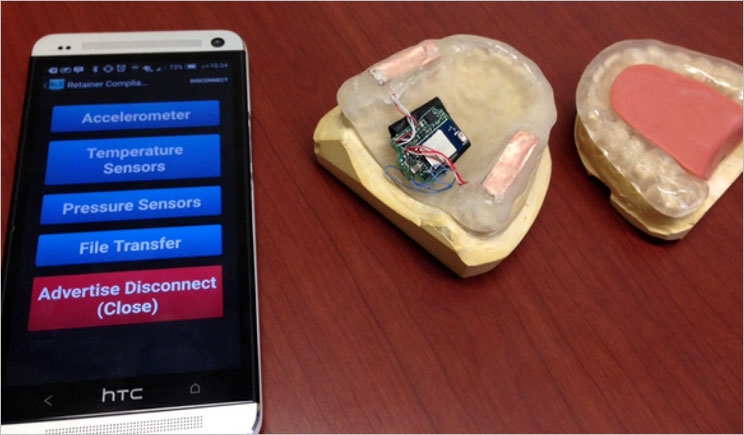
A mouthguard with new technology may aid dentistry significantly.
A team of researchers from the University of Florida created a method to diagnose bruxism by using a smart mouthguard.
The researchers believe a smart mouthguard will be less expensive and make the diagnosis process easier. Using sensors, the mouthguard determines how much force is applied on it, in addition to which teeth are doing the grinding. The information can then be sent to a dentist by using a mobile device.
The mouthguard also has the ability to treat bruxism, not just diagnose it. Bruxism is generally treated with therapy to help reduce stress and change behaviors.
Stress impacts more than half of working adults, according to the American Psychological Association. Bruxism may seem like one of the more minor issues but it could have more damaging effects, such as damaged teeth, headaches, insomnia or even a sore jaw.
It’s possible that similar smart mouthguards could eventually prove to be useful in contact sports by determining the strength of forces impacting the head. Other sensors could be put in place to see if the athlete is dehydrated or the body temperature is too high.
The mouthguard finished in second place at a recent competition for applications for microtechnologies. The researchers haven’t determined how they will proceed in terms of when the mouthguard could go on the market or how much it would cost.


